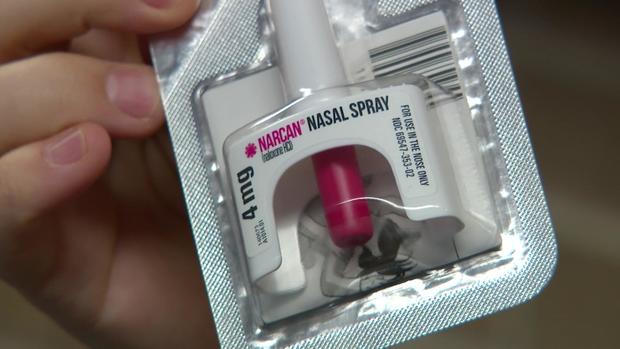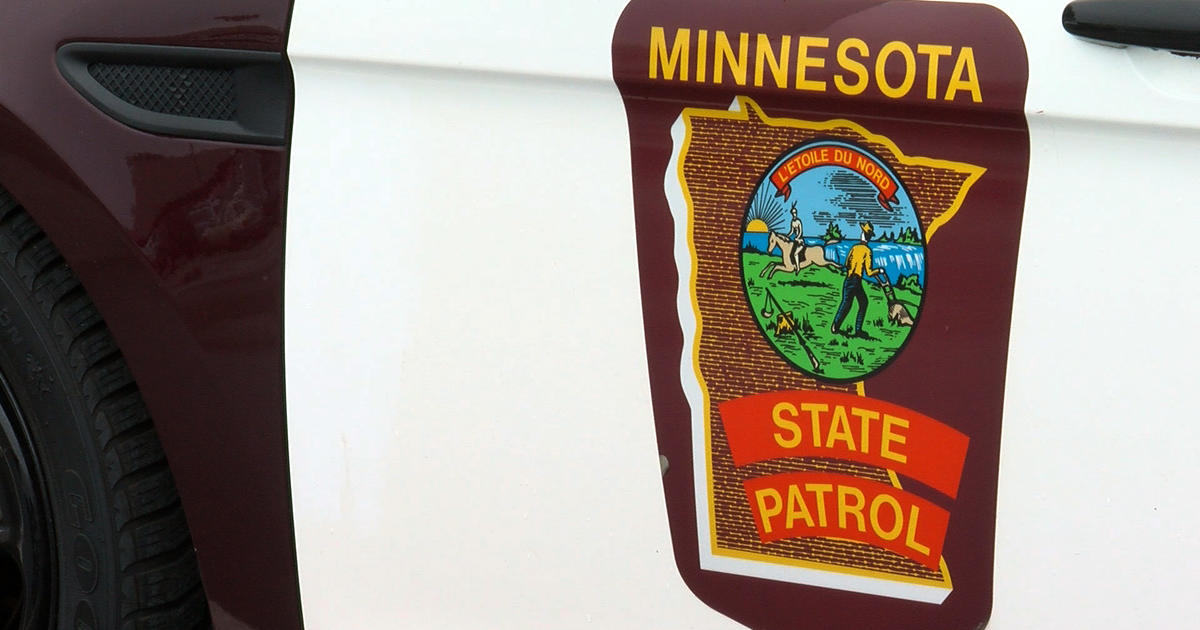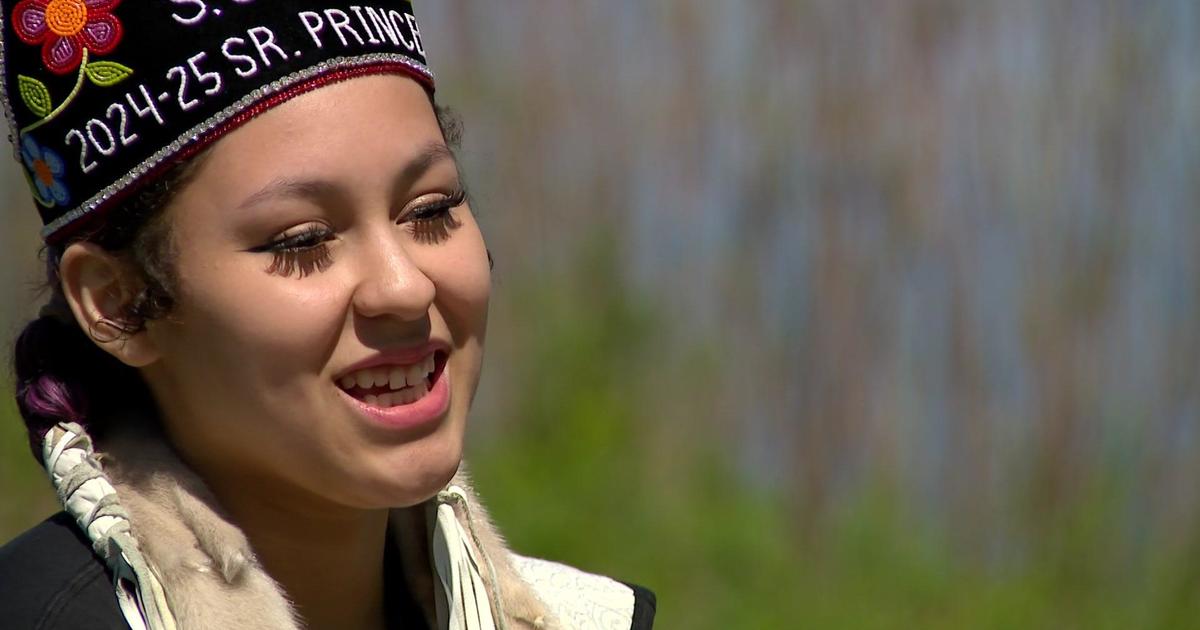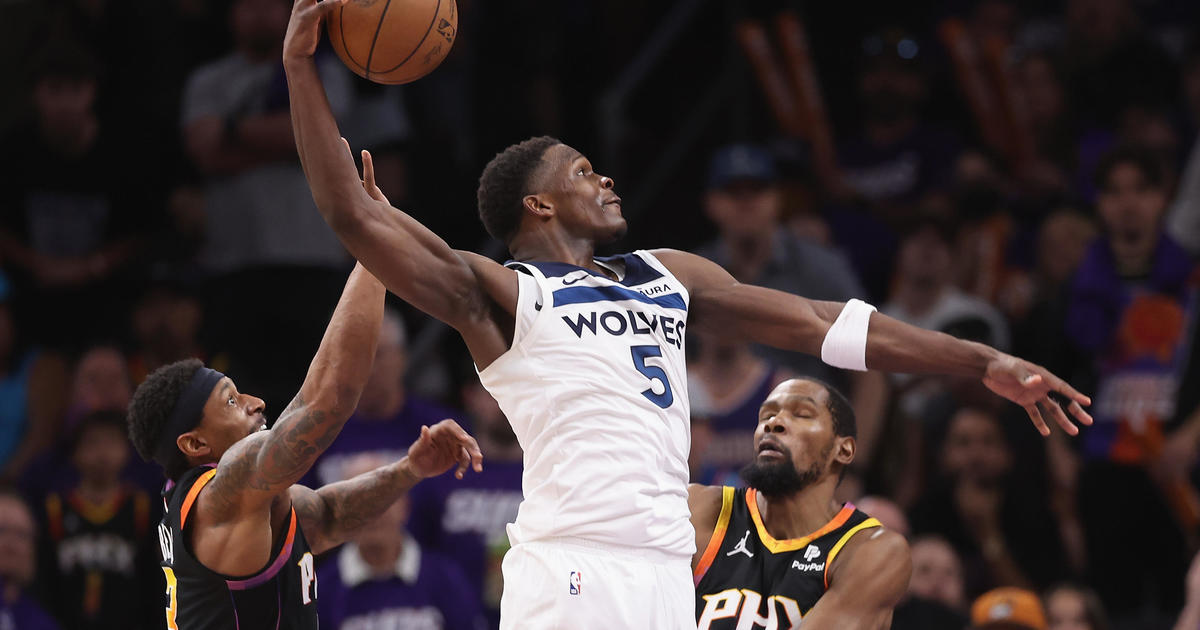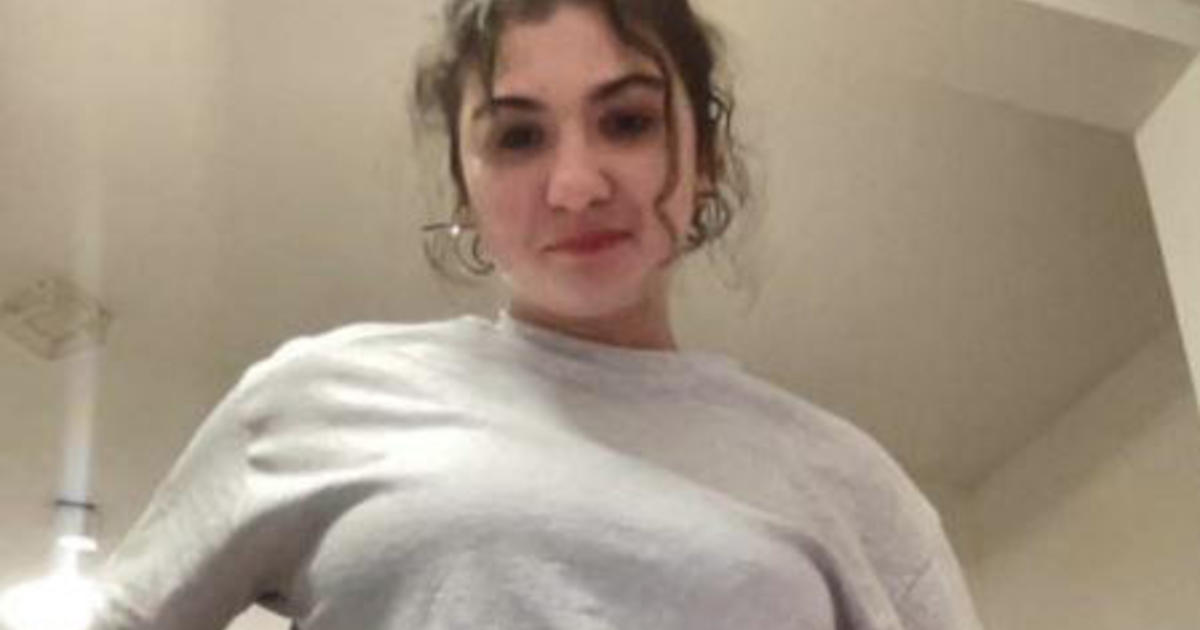As Minnesota lawmakers consider requiring opioid overdose-reversal drugs in schools, Bloomington is leading the way
BLOOMINGTON, Minn. -- At Oak Grove Middle School, tucked inside the cabinet storing the automated external defibrillator for emergencies is another life-saving tool: naloxone, which can reverse the effects of an opioid overdose.
The medication is stocked in all Bloomington Public Schools -- middle and high schools also have the nasal spray version, known by the brand name Narcan. It's part of a strategy by district leaders who say they are preparing for the worst, but hoping for the best at a time when even children aren't spared from the opioid crisis, now largely fueled by the highly potent fentanyl.
"Schools are a microcosm of our community. If it's happening in our community, we can expect that it's gonna happen in our school districts," said Rick Kaufman, the district's emergency management director.
Kaufman and Hannah Hatch, director of health services, worked together to implement the policy in 2019. They say the choice to do so wasn't in response to any incident but a proactive decision, one that will likely be in focus at the state legislature next year when lawmakers consider a proposal to require naloxone in all public schools.
The number of non-fatal hospital visits due to an opioid overdose among school-aged children -- mostly teenagers -- nearly tripled from 2016 to 2021, according to data from the Minnesota Department of Health. That number doesn't include other overdoses treated by emergency responders or others in the community.
Nationwide, adolescent overdose deaths are increasing. Most of them last year involved the illicit fentanyl, a synthetic opioid, according to one study published in Journal of the American Medical Association.
"I don't think we said four years from now this is what we're gonna be dealing with," Kaufman said. "It really was, 'How do we approach the issue of overdose and the use and abuse of drugs and alcohol by students, and what programs, what resources do we have in place?'"
The district hasn't had to use Narcan on a student, but school staff have experienced close calls, he said. On one occasion, EMS personnel administered it to someone in the ambulance after being called to school.
"I think the benefit that we've had of implementing it years ago is it's freed up some of that room for us to focus on, 'OK, we have that last-ditch effort, we have that life-saving measure, now what we can do more proactively? What can we implement more to support students?'" Hatch said.
Bill before legislature would require naloxone in schools
Twenty states have laws that allow schools to have the drug on site and authorize administration by a school nurse or other staff, according to The Legislative Analysis and Public Analysis Association. Ten states require schools keep a supply.
Hatch noted interest in Bloomington's policy really spiked this fall with more than a dozen other districts reaching out inquiring about getting the medication in their schools, too. The state legislature could help with that next year, if a proposal to requiring schools keep a supply is successful.
State Rep. Kelly Morrison, DFL-Deephaven, who was elected this fall to the state senate, vows to reintroduce the bill come January when lawmakers convene for session.
"My thought is why if we could prevent a single death in our schools, why wouldn't we do that?" said Morrison.
Morrison said the proposal would include state resources to pay for it. Right now purchasing the medication, which needs to be replenished after it expires every two years, comes out of Bloomington's own budget.
Rep. Dave Baker, R-Willmar, who co-sponsored Morrison's bill, told WCCO in September that the state could use its share of funds from settlements with opioid manufacturers to fund grants schools could use to cover the costs.
"There's poison out there that looks like candy," Baker, who lost his son to an overdose, said during the interview. "We have to make sure we tell people and when it does fall into the wrong hands, this medicine has to be there. We've got to get it out to more places."
So far $300 million is coming from one settlement with the opioid drugmakers. But an additional $235 million over 15 years could come from the latest agreement, the attorney general's office said.
"We have a lot of bipartisan support for this measure so I'm hopeful we can get it across the finish line," Morrison said.
Rochester's school board in October approved a naloxone policy, according to a Post Bulletin report. The National Association of School Nurses endorses the idea.
"We know it works, so what better evidence do you need to know that we could be saving a child and saving a mom and dad who's not burying their 14-, 15-, 16-year-old child," Kaufman said.
